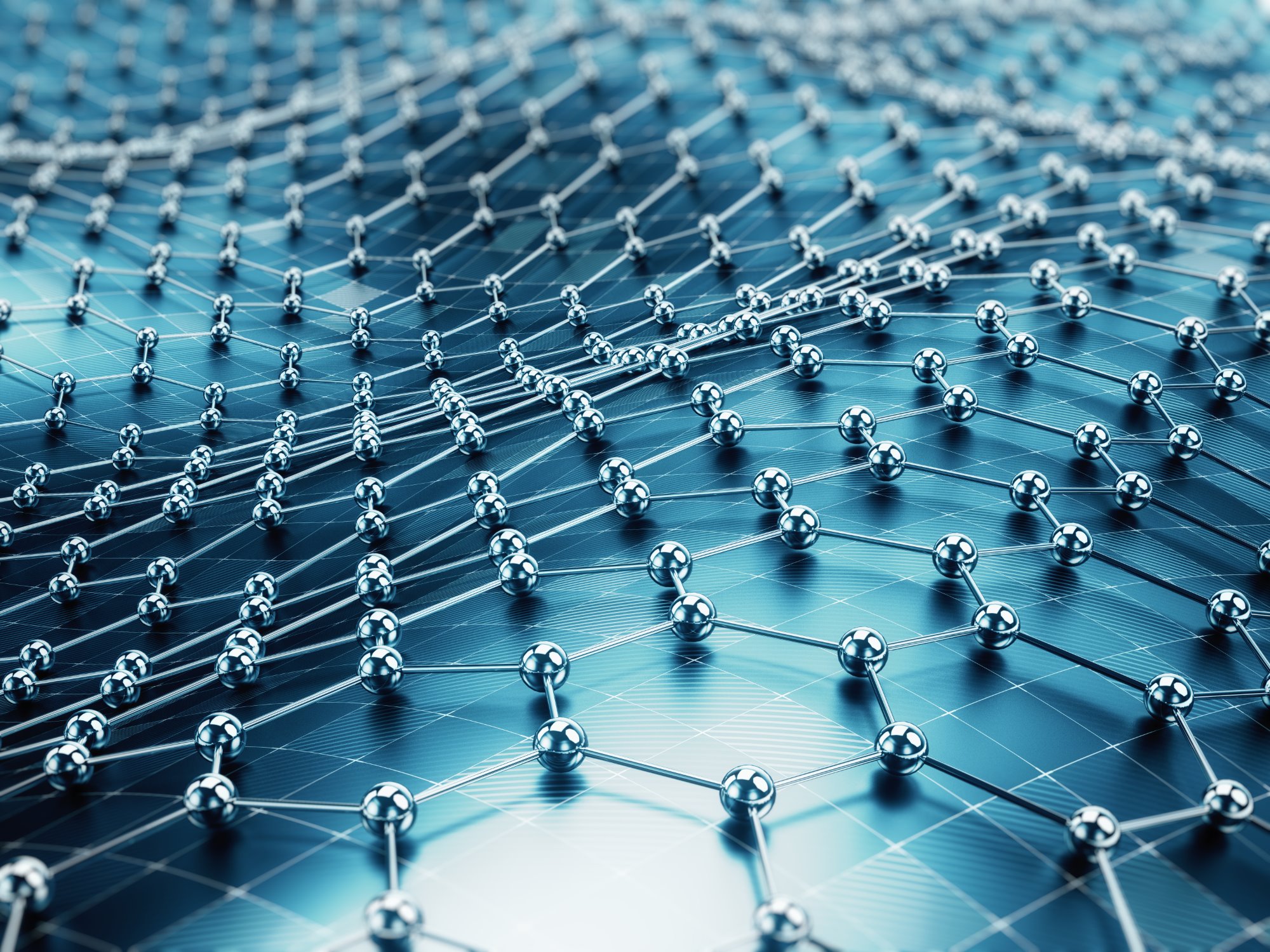
Materials
Materials chemistry: is a multidisciplinary field that transcends the traditional areas of chemistry, physics, engineering and biology.
Materials chemistry: is a multidisciplinary field that transcends the traditional areas of chemistry, physics, engineering, and biology.
The RSC has strengths in hard and soft materials, electrical and physical properties of materials, devices, colloidal particles, nanotechnology, and biomaterials. Our activities range from synthesis to characterization, spanning fundamental science to forward-looking solutions in the fields of energy, fuel, environment, information technology, defense, and health. The RSC’s activities in the materials space are cross-school/college. The RSC together with the College of Engineering and Computer Science (CECS) has established the RSC Battery Materials in ANU Battery Storage and Grid Integration Program, which aims to transform the national electricity section. RSC academics are also heavily involved in the university-wide Institute for Climate, Energy, and Disaster Solutions whose mandate is to develop innovative solutions to address climate change, energy system transitions, and disasters, providing an exceptional multidisciplinary environment for collaborative research. We have also recently launched a Master of Science in Materials Science to provide additional pathways for education and research in materials.
We have excellent infrastructure to support materials research, within both the RSC and the ANU. Within the school, we have state-of-the-art instrumentation including single crystal and powder diffraction, atomic force microscopy, reactor and polymerization equipment, femtosecond laser spectroscopy, and extensive magnetic resonance and magneto-optical instrumentation. The greater university has outstanding facilities for materials characterization and processing, including the Centre for Advanced Microscopy, the National Laboratory for X-ray Micro Computed Tomography, ion beam facilities, and a 1.7 MeV tandem accelerator, and hosts an ACT node of the Australian National Fabrication Facility. The National Computing Infrastructure (NCI) is also based at ANU, housing the Gadi supercomputer, the 24th most powerful in the world.
The RSC is committed to fostering Australia’s advanced manufacturing sector. The school hosts two RSC startup companies: Nanostratus, which produces novel surface coatings with applications in many fields including the fight against COVID-19; and Spark3d, which is developing next-generation 3d printers that allow the manufacture of polymeric, organic, semiconducting, or metallic materials into complex shapes.
